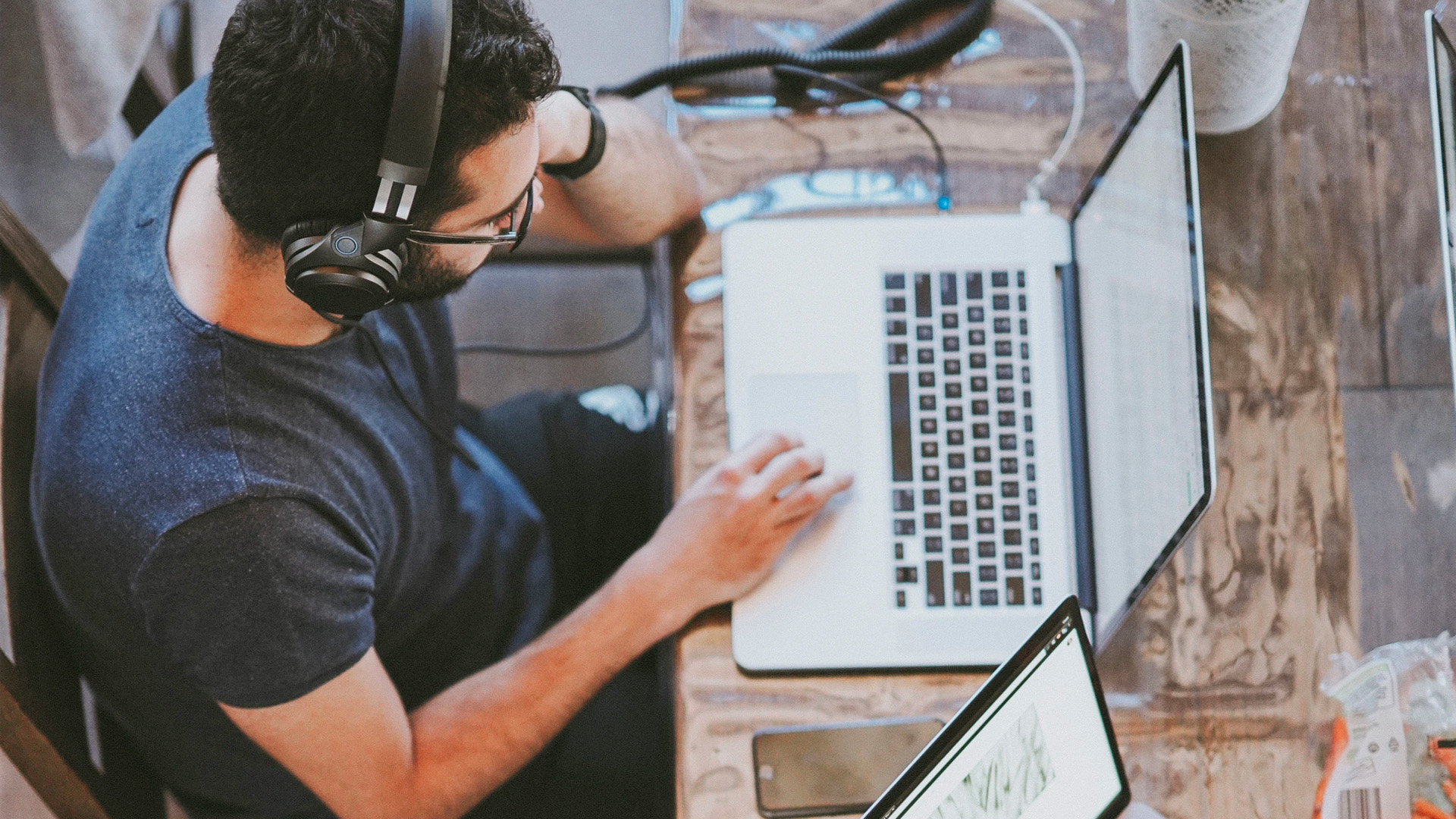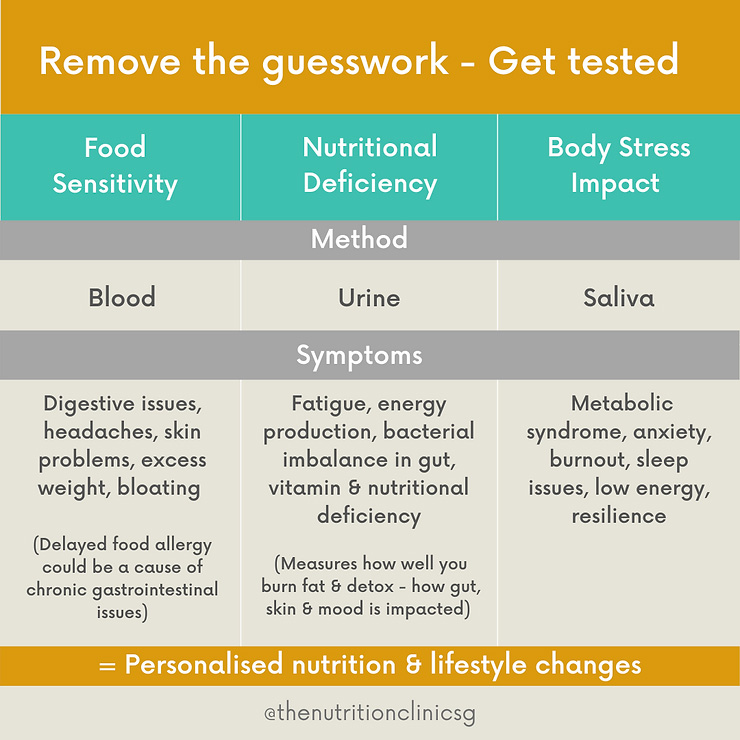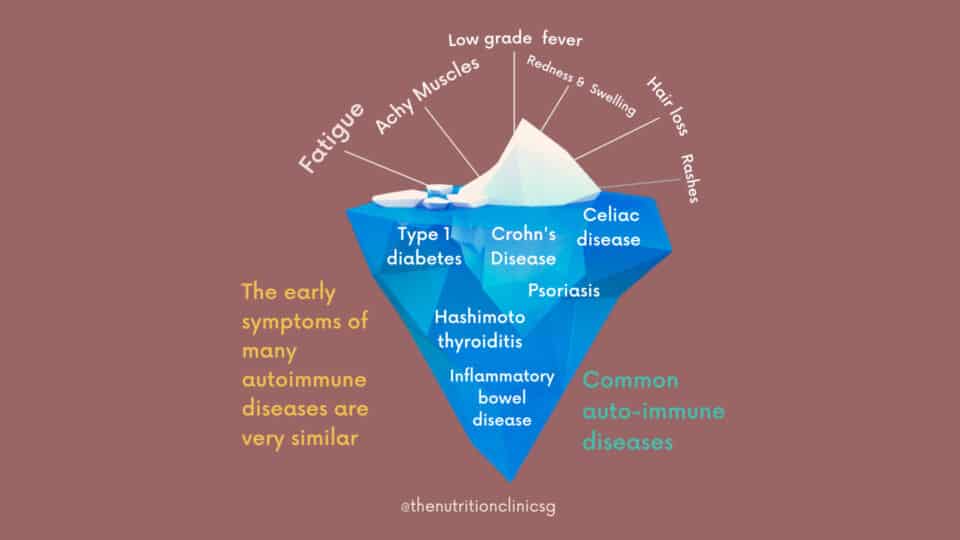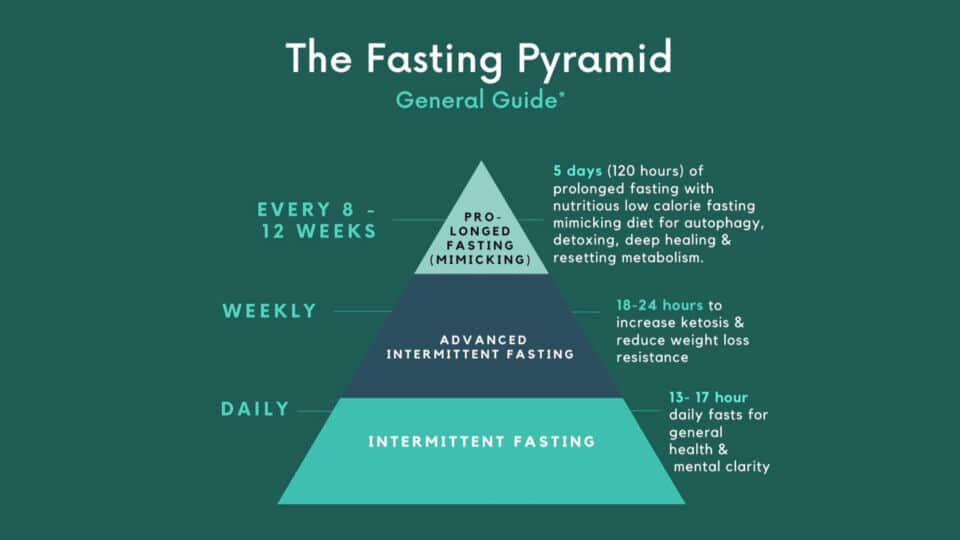Dealing with long working hours & the expectation to ‘keep going’ as we shift back into Phase 2

Long working hours are killing hundreds of thousands of people a year, according to the World Health Organization (WHO).
The first global study of its kind showed 745,000 people died in 2016 from stroke and heart disease due to long hours.
The report found that people living in South East Asia and the Western Pacific region were the most affected. The research found that working 55 hours or more a week was associated with a 35% higher risk of stroke and a 17% higher risk of dying from heart disease, compared with a working week of 35 to 40 hours.
If this was the data for 2016, imagine the statistics for 2021.
The researchers said that there were two ways longer working hours led to poor health outcomes: firstly through direct physiological responses to stress, and secondly because longer hours meant workers were more likely to adopt health-harming behaviours such as tobacco and alcohol use, less sleep and exercise, and an unhealthy diet.
And this rings true from our observations at the Clinic from the last time we were in Phase 2.
As things go into transition, people do feel overwhelmed and helpless and for a lot of people, coping takes in the form of ordering in, making less healthy choices, eating more sugar through snacking and higher alcohol intake.

With no clear distinction between home and work, more people work longer hours, with little to no social interaction.
But there are also a group of people who seem to have thrived during this time.
We’ve seen how some of our members who used to be on weekly flights for work take this time to reconfigure their health. We’ve seen how some members who used to eat out 8-12 times a week find joy in making food and discovered how to use food to fuel and heal the body. And we’ve seen how some of our members take up exercise when previously they have not.
With a global pandemic riding the backs of all of us, a prolonged new-normal and regulations for home-based learning, work-from-home arrangements and restricted out-of-home activities, it is normal to be frustrated and even fatigued at the situation.
While we in Singapore do have it a lot better than many other countries, we’d like to reiterate and assure you that the emotions that you are feeling are normal and you are not in isolation. And that we are here to help you create small changes to help you take charge of your personal health.

1. Take care of your quality of sleep by getting morning sunlight.
You already know that getting vitamin D helps you with your mood, energy and immunity but do you also know that getting morning sunlight is key to a good night’s sleep?
Getting daylight is your primary signal that tells the body to switch on and off specific programs. For example, morning light helps switch off melatonin, switch on cortisol, and readies itself for digestion. It’s an important part of the Circadian rhythm and helps you maintain a consistent sleeping pattern.
Artificial indoor light just doesn’t work the same way as natural light.
2. Create Structure and Boundaries
As work and life are more intertwined than ever thanks to a drastic rise in remote work and an increasing dependency on technology, it is critical to disconnect at the end of day.
But we understand that this is not always possible for you depending on your work and the expectation of your company, especially if you’re working in global teams where we have to sometimes extend working hours.
And that’s the double edged sword of remote working. Sometimes you get more flexibility in your work schedule and other times, you sacrifice time out of designated working hours to answer late night work calls. You never really have time to switch off.
Take care to have time for your personal interests and just time off.
As how you would allocate time for zoom meetings, allocate time in your calendar for movement and exercise, meditation, and the things that bring you absolute joy.
Don’t be numbed by binge watching Netflix. Instead, reignite with something you used to love doing as a child or when you were younger. Whether it be playing the piano, painting, writing poetry, or something else, reconnect with that side of yourself again.

3. Create a health revolution from home
With gyms and yoga studios closed, take charge of your health from home. Ever since the start the the first circuit breaker, we’ve helped dozens of our members take charge of their health from home.
Membership with TNC is an 8 month robust data-driven wellness programme that uncovers the diet and lifestyle that best suit your unique biology. It is a process of self-discovery. You will challenge yourself in new ways, and it will be rewarding.
How it works?

We use comprehensive labs and specialty testing removes the guesswork lets us go deeper. This include a food sensitivity test, nutritional and gut microbiome test and a body stress impact assessment. And most importantly, you get the support system to help you create the life you’re after.
Learn more here or schedule a free 10-min consultation here.

